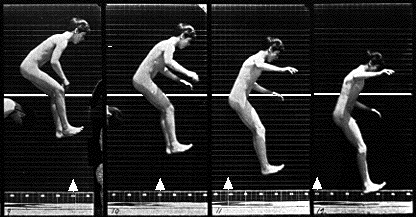Use of Humor in "Superstar: The Karen Carpenter Story"
There was an earlier post that I interpreted as saying that Todd Haynes was intentionally making fun of Karen Carpenter in his film. This has me thinking about what makes humor work and the quality of the humor (by which I mean the way it was used and its intent) in "Superstar." First of all, I don't think that the filmmaker was set on making fun of Karen Carpenter, specifically, as a person. There isn't a one-to-one relationship between Karen C. Barbie and the actual person -- the Barbie isn't a stand in for the person so when Karen the Barbie seems silly or is in an absurd situation the humor is not a direct way of making fun of Karen Carpenter.
Though the film can be thought of as being about a lot of things, a central point is that it's not just about this one specific celebrity. We are meant then perhaps to look at how women's bodies, in general, in society, are used as sites of discourse: That women's bodies are projected upon. That entire national, political dialogs pass through them. That this exchange becomes out of control when it is not acknowledged as real, active, and happening. (I'm borrowing all of this from what I wrote down in class.)
Also, humor and empathy are not always in opposition to one another. Humor can be a way of catching your breath. It lets you to see the reality of things without making you throw yourself off the top of a building. Scott Turner Schofield said something along the lines of, "If we weren't laughing, we wouldn't be able to stop crying our eyes out." To be active, to participate as an Observer, you have to empathize to a degree. Part of being an Observer, rather than a Spectator, is being able to see when something you are being shown represents the same world you inhabit and has the same rules that you live with. Being able to relate emotionally does not mean that you've given yourself over entirely and that you're doped up and unable to see things clearly. Humor and empathy aren't mutually exclusive!
On a related note...
At some point, one of my heros Barbara Kruger wrote about "Superstar." I don't agree with her use of the word "saccharine" but I thought it was cool to get another perspective on this movie. I've attached a PDF of the article. It's from her book Remote Control and was probably also published elsewhere.
Up next, I'll finally do some research on CAMP.
(And I was joking when I said that "Superstar" is a documentary of my life.)
